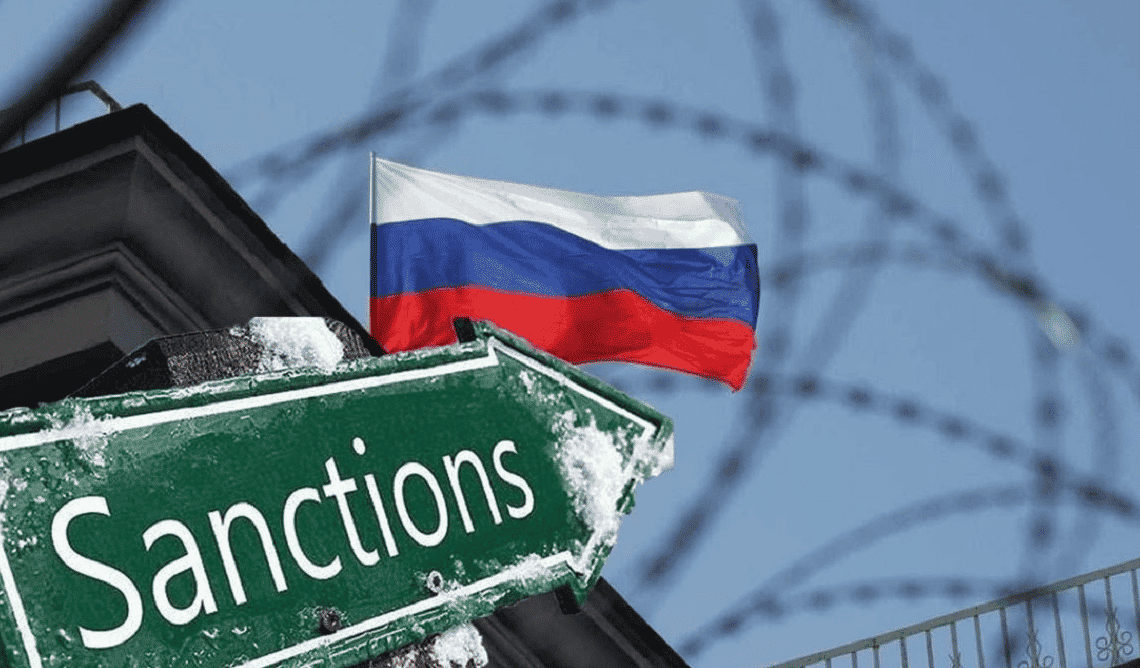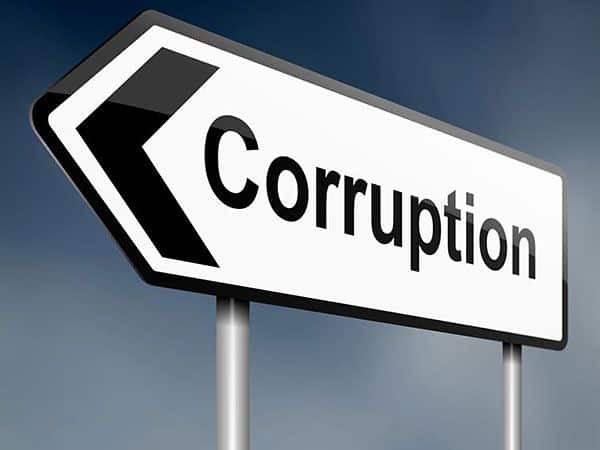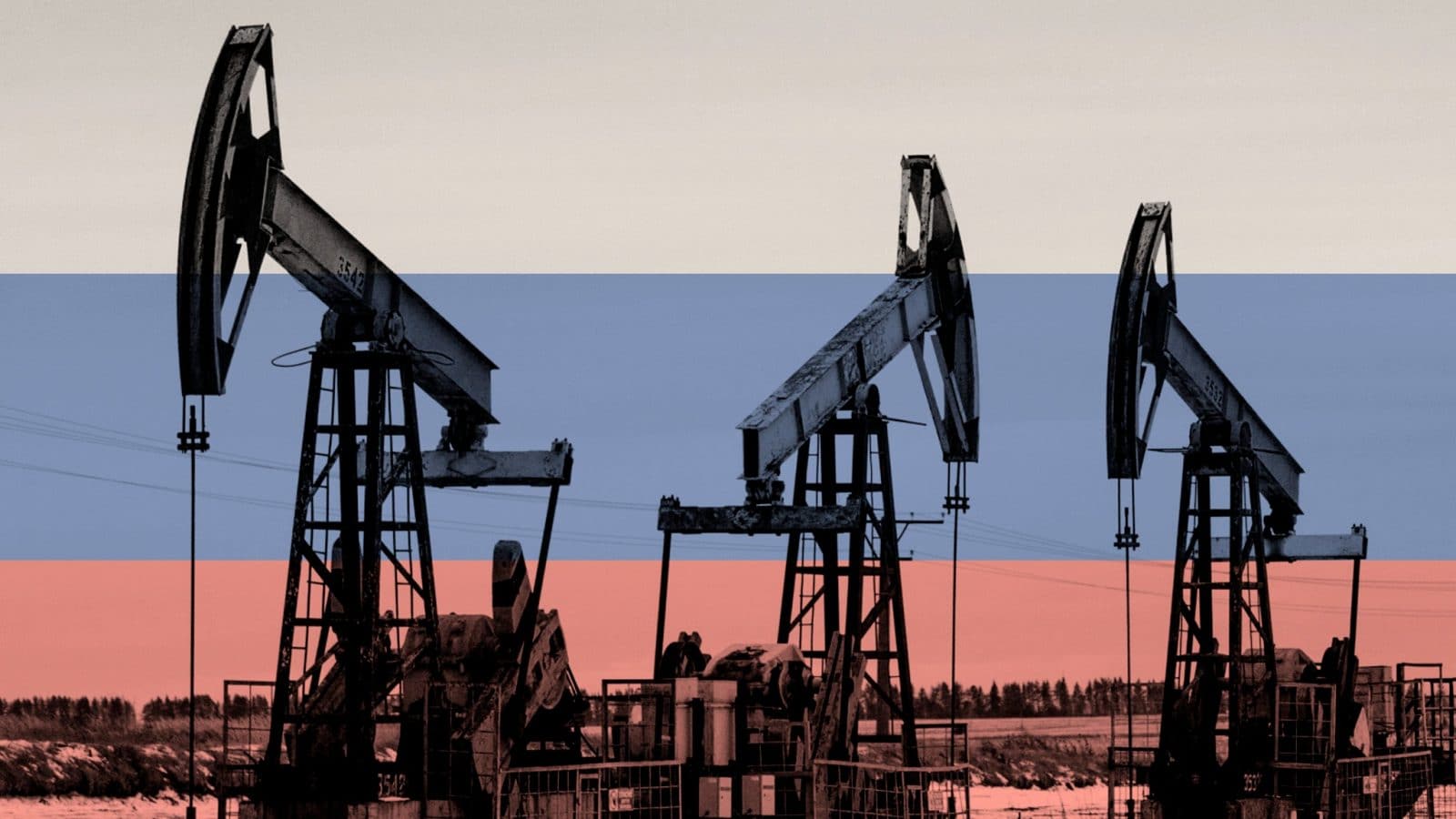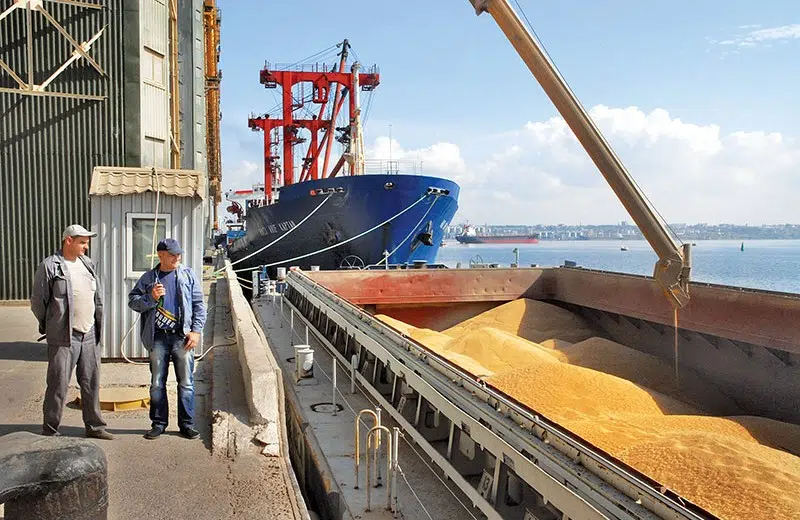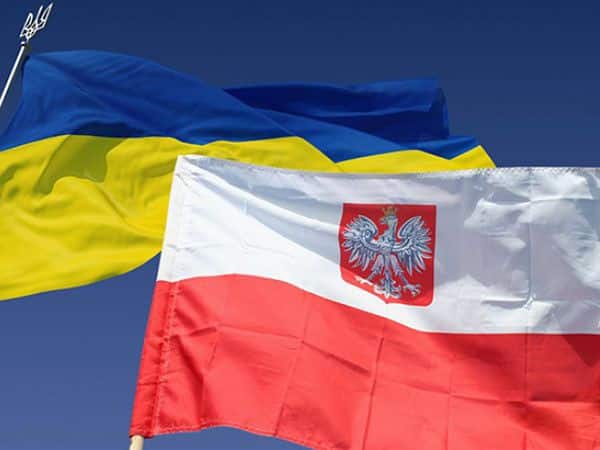Table of Contents
The “grain corridor” is not working, as Russians are shelling Ukrainian ports on the Danube, and tens of thousands of tons of grain in silos have been destroyed. This is a brief summary of the economic events in Ukraine over the last two weeks.
For months, the Kremlin has been trying to convince the world that unblocking Ukrainian ports benefited Western countries, not the residents of the poorest nations, and that Russia is supposedly doing everything to help its partners in Africa.
The first claim is easily debunked through a superficial analysis of the data on grain exports through the “grain corridor.” As for the second claim, if Russia is indeed assisting African countries by offering free grain and increasing exports to the continent, then why are even Russia’s loyal countries alarmed by the blockade of Ukrainian grain?
To answer this question, one must understand the seriousness of the hunger problem on the African continent, the role of Ukraine in addressing it, and what Moscow is truly seeking to achieve.
Causes and consequences of the grain crisis in Africa
Over almost a year of operation through the “grain corridor,” approximately 33 million tons of agricultural products were exported from Ukraine, with 725 thousand tons sent free of charge to poor countries under the World Food Programme (WFP).
A total of 4 million tons of Ukrainian agricultural products, or 12.24% of all export volumes within the “grain corridor,” were shipped to African countries. Wheat and sunflower oil were the main commodities sent to the African continent, and these are products that countries there are highly dependent on imports for.
A recent study by the Agrocenter at the Kyiv School of Economics (KSE) revealed that in 32 out of 40 African countries with available data (there are 54 independent states on the continent in total), the share of wheat consumption through imports exceeds 70%. This makes them heavily reliant on supplies from other countries.
In 2023, the United Nations World Food Programme (WFP) has already declared it as the year of the worst food crisis in history. At least 129,000 people are at risk of experiencing hunger in Burkina Faso, Mali, Somalia, and South Sudan.
The critical situation in several African countries is explained by several factors. Firstly, the African continent is heavily reliant on imports of various food products, making it highly sensitive to global food prices. This reliance primarily applies to wheat, vegetable oils (sunflower, soybean), rice, and to a lesser extent, corn.
The population in Africa is rapidly growing, while production is unable to keep up at the required pace, leading to an annual increase in imports. Egypt serves as a notable example, being the world’s largest wheat importer.
Since 2018, annual wheat consumption in Egypt exceeded 20 million tons, of which less than 9 million tons were domestically produced. According to research from the World Trade Institute, Egypt covered the difference through imports.
In total, imports account for 60% of wheat consumption and 50% of vegetable oils in African countries.
A significant portion of this import was supplied by Ukrainian and Russian exporters. According to the UN data in 2020, 15 countries on the continent received over half of their food supplies from these two countries. This dependency on their suppliers makes it difficult and costly for these nations to replace them in the short term.
How Russia is stealing Ukrainian grain markets
Secondly, the continent’s dependence on imports makes it vulnerable to fluctuations in global market prices. After February 24, 2022, wheat and corn prices surged by hundreds of dollars. Russian aggression against Ukraine caused a shortage of 30 million tons of grain throughout Africa.
Even if the countries on the continent manage to find alternative suppliers quickly, they will have to overpay for such imports. Over the seventeen months of the war, grain prices have not returned to 2021 levels.
It is also worth mentioning that Africa is dependent on importing fertilizers, the prices of which have increased three to four times compared to 2020. This is due to the energy crisis provoked by Russia, leading to a surge in gas prices up to $3500 per thousand cubic meters. Gas is crucial in ammonia production, which forms the basis for nitrogen fertilizers. This makes agricultural production significantly more expensive in countries across the continent.
The combination of these two factors resulted in food prices in African countries located south of the Sahara increasing by an average of 23.9% between 2020 and 2022. This is the most substantial increase since the global financial crisis in 2008, according to the IMF.
Considering that food accounts for about 40% of consumer spending in the region, this factor alone has made the cost of the food basket in the region 8.5% more expensive. Many people found themselves in a situation where they could not afford to buy food.
The third factor that influenced the situation in Africa is that global inflation has limited the ability to raise funds for countries on the continent. Due to the increase in interest rates by central banks, investments in developing countries became more expensive. Since spring 2022, no country has been able to raise funds through eurobond issuance.
Countries on the continent lost the capacity to afford the already expensive grain and, furthermore, lost the ability to raise funds for it on the global markets.
All three factors described are structural, and their resolution or at least mitigation requires long-term measures rather than isolated steps.
Temporary relief
The “grain corridor” has served several essential functions in improving the situation in Africa. Apart from physically providing the necessary grain to the continent, the overall increase in the supply of wheat, corn, and sunflower oil in the world has lowered purchase prices, including for these countries.
As previously reported, over the past year and a half, Russia has taken away crucial Ukrainian markets, primarily in North Africa — Egypt and Morocco. However, Ukraine remains a significant food supplier to these markets.
African countries are considered conservative and pragmatic in their trading practices. Both state traders and the private market primarily focus on prices. Russia exploits this situation and offers lower prices.
Ukrainian traders are forced to compete in order to continue exporting their products, and they are also lowering prices. Along with expensive logistics, these costs fall on the shoulders of farmers, which has already led to a reduction in sown areas in Ukraine. In the future, this could mean millions of tons of grain that will not reach consumers.
Pavlo Martyshev, an analyst at the Agrocenter of the Kyiv School of Economics, notes that currently, the world market is less sensitive to supplies of Ukrainian food. However, this is more of a coincidence than a regular occurrence.
Although grain prices are not reacting to the cessation of the “grain corridor” as strongly as before, the impact on prices is being mitigated by good harvests in the world’s largest grain exporters, primarily Brazil and the United States. According to the Food and Agriculture Organization of the United Nations, the 2023/2024 marketing year is expected to be a record year for global grain harvests.
However, these results are largely a consequence of a climatic phenomenon, and it is unlikely that they will be repeated in the next season.
“Crop production depends on two factors. First, how much area is sown, and that is something we can influence. Second, it depends on the yield, and here we can only have partial influence. This year, the world sowed as usual, but the yield was record-breaking. Without it, prices would have been higher. So, we were just fortunate to have such abundant harvests,” explains Martyshev.
He expects that closer to winter, more serious climate risks may emerge, and then prices will increase, making Ukrainian grain more important for the global market.
See also: Fate of the “grain corridor”: can Russia withdraw from the agreement?
Pseudo-savers due to famine
This year, the weather is saving the situation with food prices worldwide. However, the structural problems that caused the critical situation of hunger and malnutrition in African countries are not solved by chance.
After exiting the “grain agreement,” Russia once again resorted to playing the role of the “savior of Africa” and offered Burkina Faso, Zimbabwe, Mali, the Central African Republic, and Eritrea to supply 25-50 thousand tons of grain for free over 3-4 months. These volumes could be loaded onto a small cargo ship. It is no wonder that African countries ignored this Kremlin’s offer.
“We proposed to implement the ‘Black Sea Grain Initiative,’ we talked about the need to open the Black Sea, we said that we would like the Black Sea to be open to world markets. And we did not come here to ask for any gifts for the African continent,” said Cyril Ramaphosa, the President of South Africa, during a meeting with Putin.
These words could be concluded with the famous quote from Vergil: “Beware of Greeks bearing gifts.” The point is that in recent years, the Russian Federation has done nothing to combat hunger in African countries. The following facts eloquently testify to this.
Firstly, last year only 5% of Russian grain exports were designated for Africa. According to Martyshev, in 2022, Russia was not involved in humanitarian grain shipments at all and only partially assisted friendly Syria.
“In 2022, based on open database findings, less than 5% of Russian wheat exports went to poor African countries. Therefore, Russia is not providing any assistance to its partners,” explains the analyst.
Meanwhile, in the six months of the Grain from Ukraine initiative, Ukraine supplied over 170 thousand tons of grain for free to poor countries such as Somalia, Ethiopia, Kenya, and Yemen.
Secondly, Russia did not implement any simplifications or favorable trade conditions for exporting its grain to African countries.
On the contrary, a 70% duty is imposed in the country on the difference between prices per ton on the world market and the $200 per ton mark for wheat. Consequently, the less grain there is on the world market and the higher the global prices, the more money the Russian budget receives to finance the war against Ukraine.
Moreover, the aggressor can deliberately increase world prices by shelling Ukrainian ports and destroying crops. Additionally, the Russian state trader United Grain Company can purchase grain on the domestic market and withhold it from entering the world market. By 2024, the company plans to acquire 3 million tons of wheat in this manner.
Thirdly, Russia hardly contributes to the United Nations’ World Food Programme (WFP). The funds that WFP can utilize to improve global food security come from contributions made by governments, corporations, and private individuals.
According to the UN’s WFP data, the largest contribution last year was made by the United States — $7.2 billion, which accounts for 0.03% of the country’s GDP. Germany ranks second with $1.8 billion, also 0.03% of its economy. Ukraine’s contribution amounts to $15 million, which is 0.04% of its GDP.
In contrast, Russia’s contribution was only $30.6 million, equivalent to 0.0008% of its economy.
“Russia is essentially playing a political game, presenting itself as the savior of Africa. However, their contribution to the World Food Programme is one of the smallest, and they do not change their export regulations. As a result, the grain remains very expensive for African countries, and the overall amount of grain provided is meager,” explains Martyshev.
The Russian war against Ukraine has placed African countries in an even more precarious position than before. Moscow has deprived the continent of 30 million tons of grain, manipulates food prices, and profits from hunger, only to offer a small grain shipment afterwards to maintain the image of a “savior.”
It is not surprising that such “assistance” does not sit well with African countries, and they urge Russia to restore the operation of the “grain corridor.” After all, the millions of tons of food from Ukraine represent stability, not just a one-time gesture.
Originally posted by Dana Hordiychuk on Economichna Pravda, translated and edited by the UaPosition – Ukrainian news and analytics website
See also: Blackmail with grain: how Poland is exacerbating the crisis of Ukrainian agricultural exports

